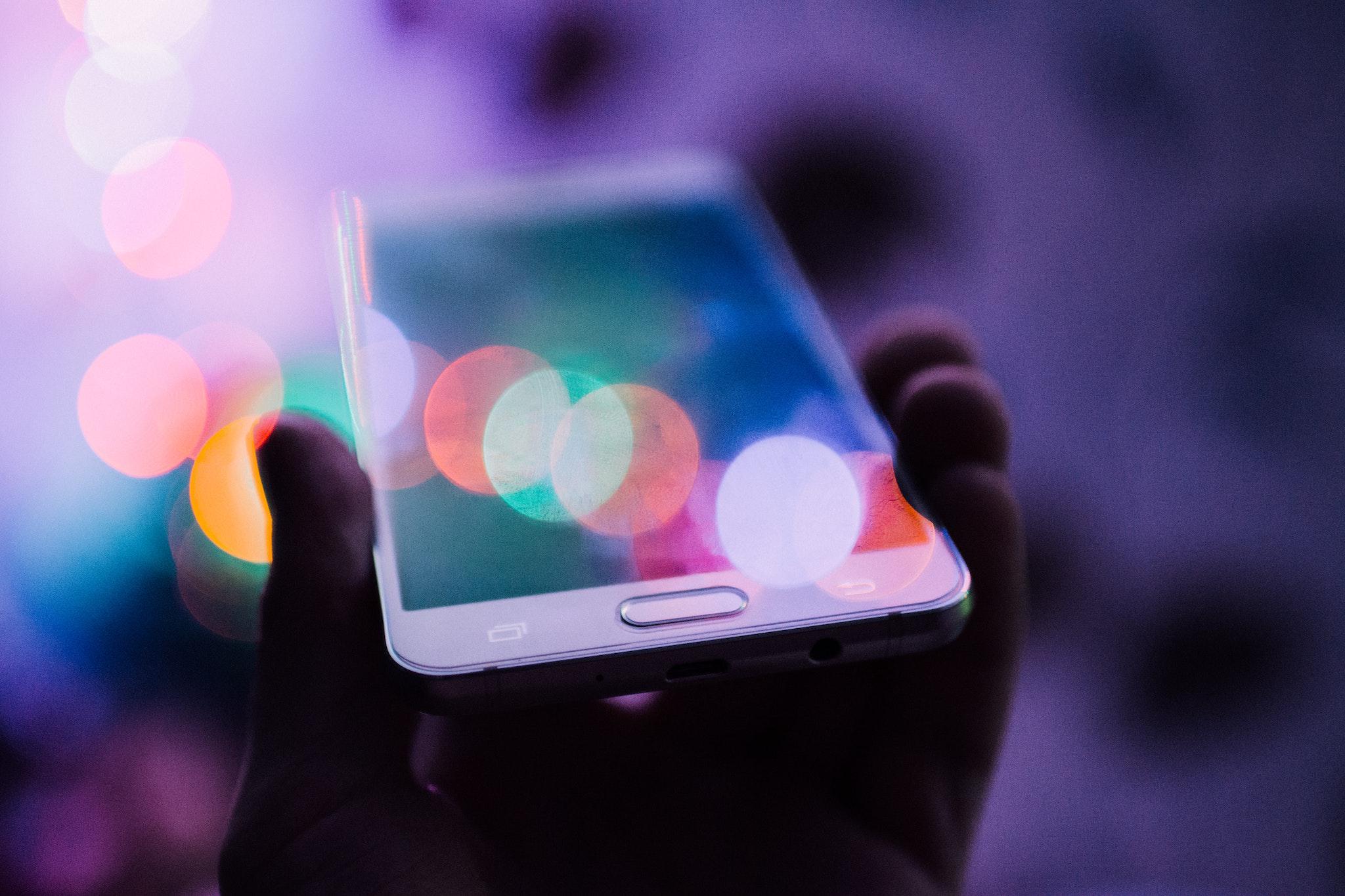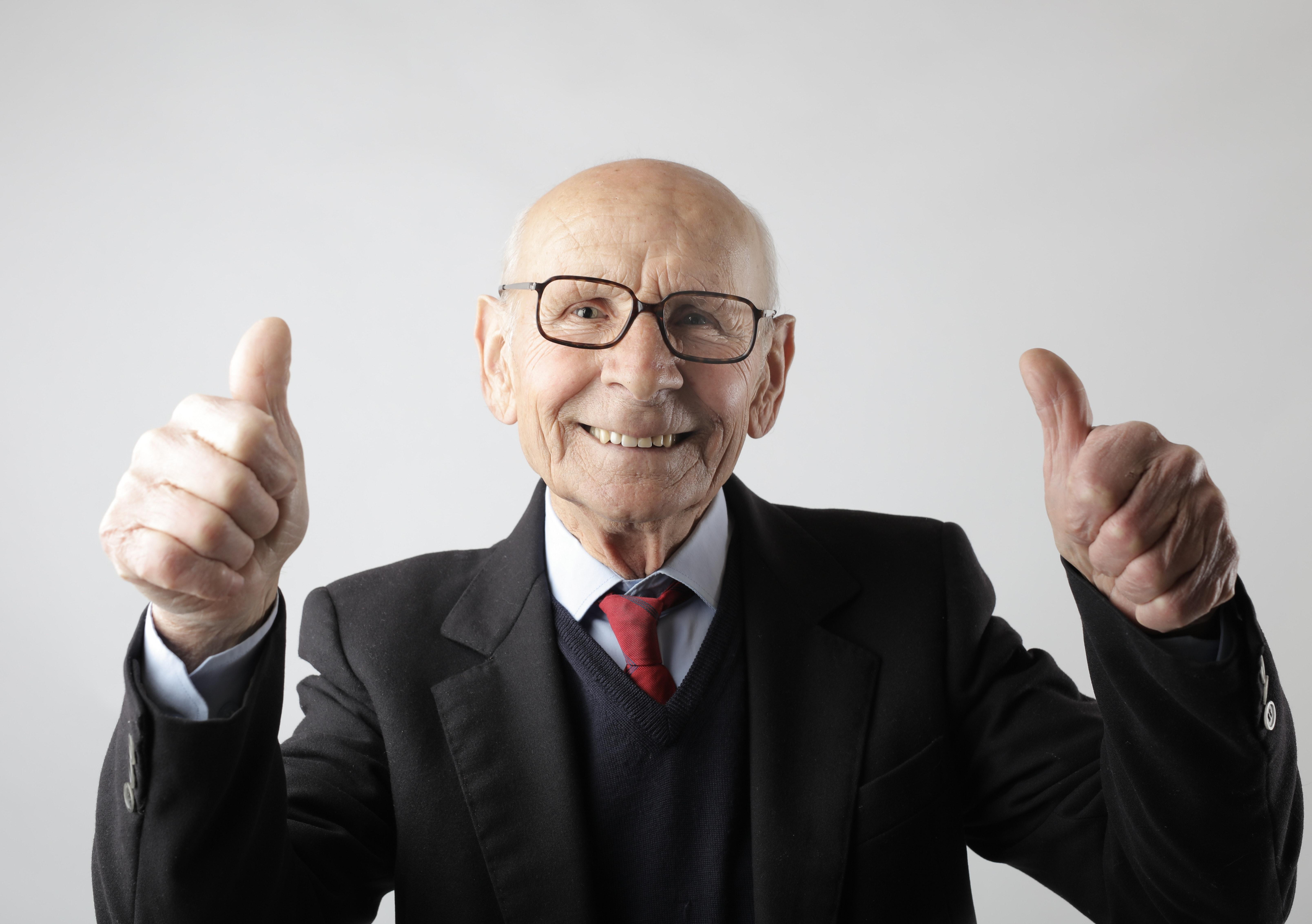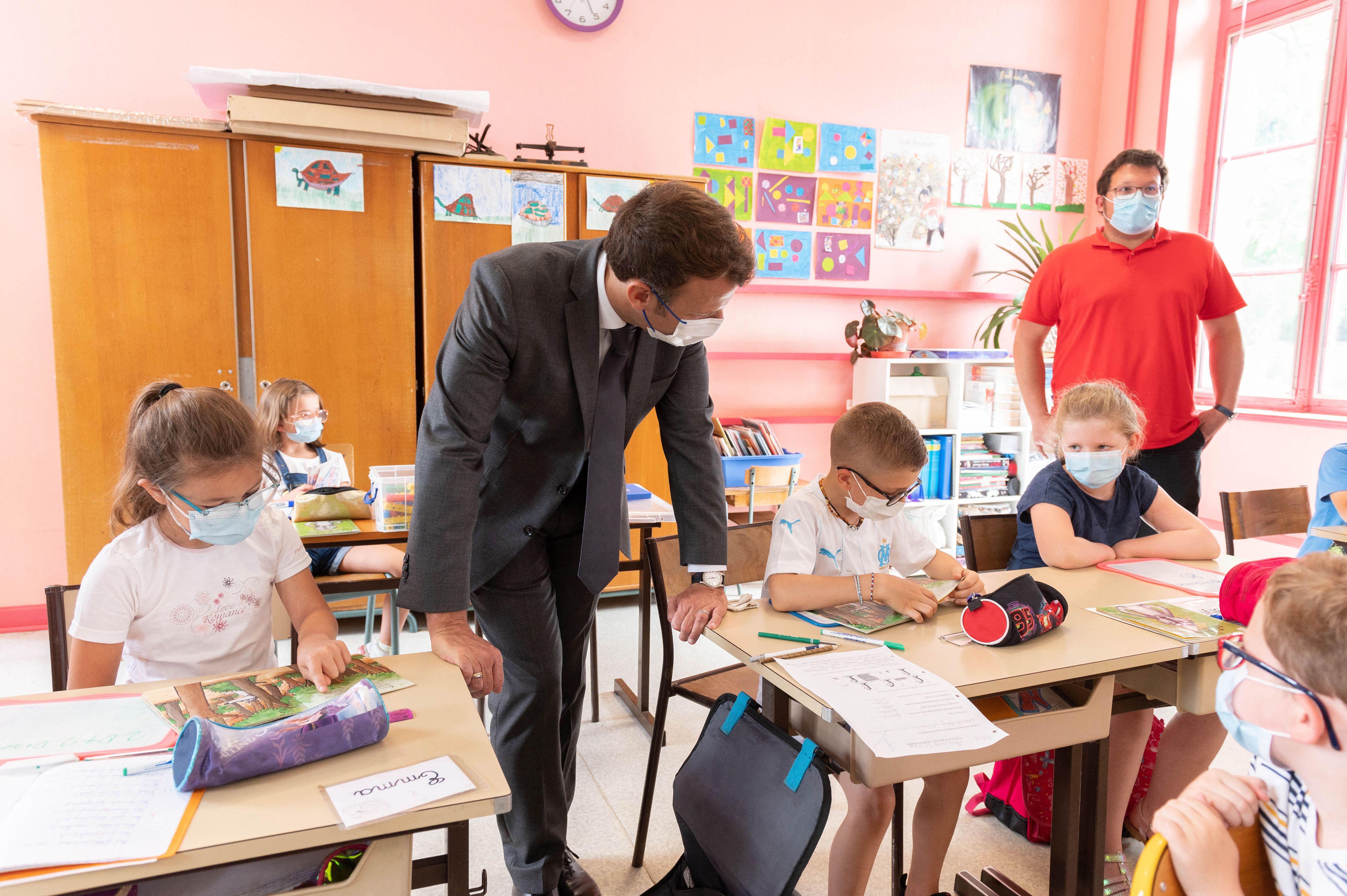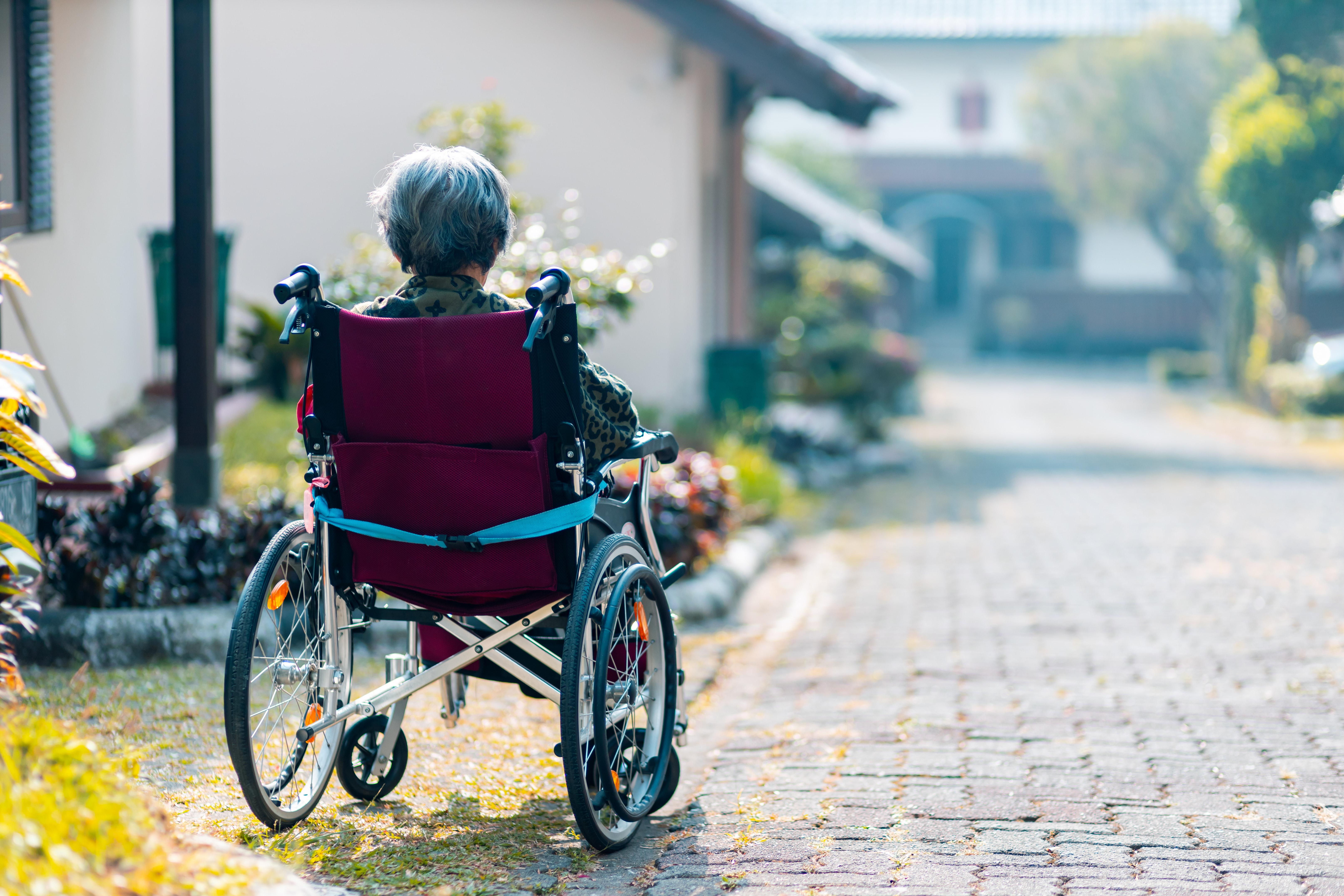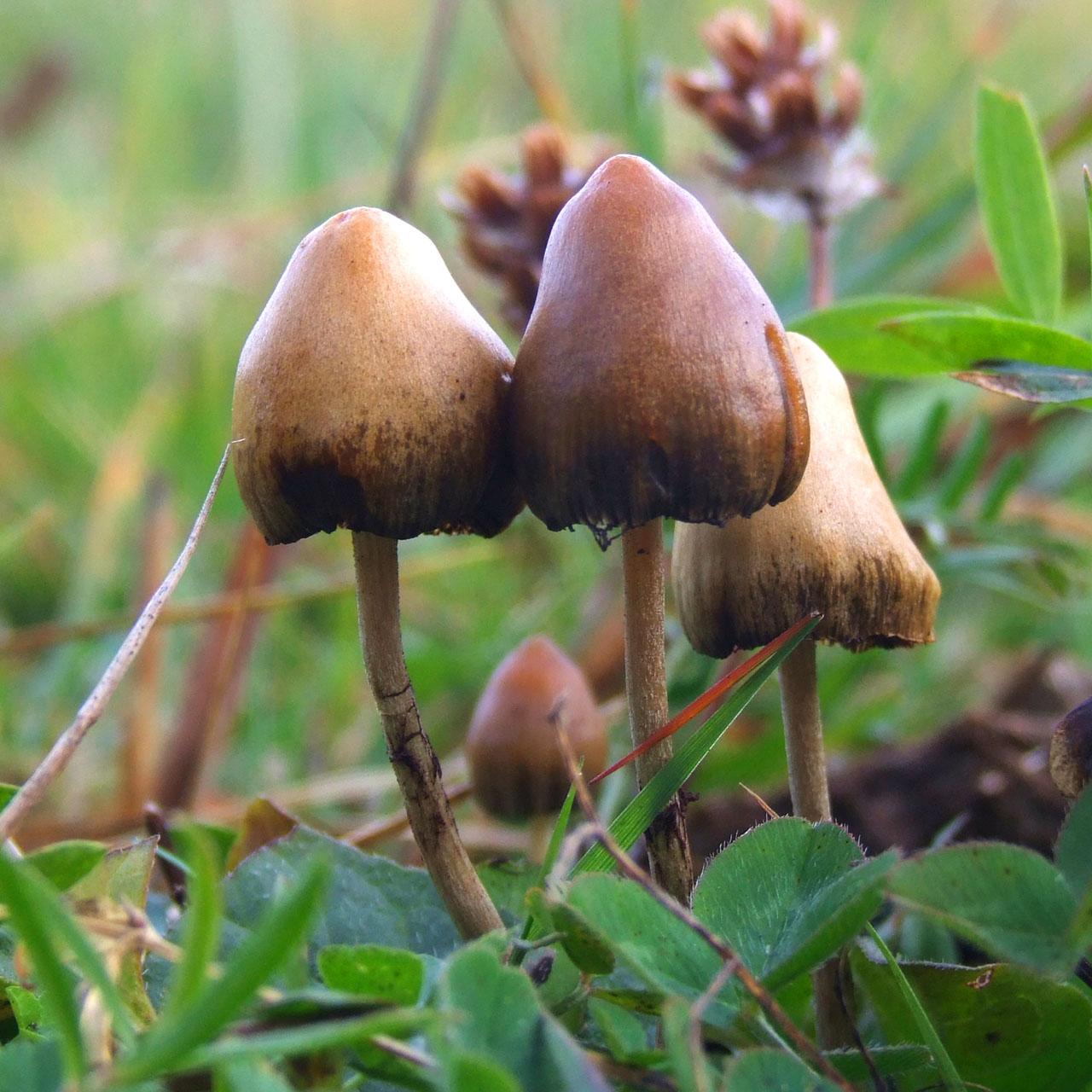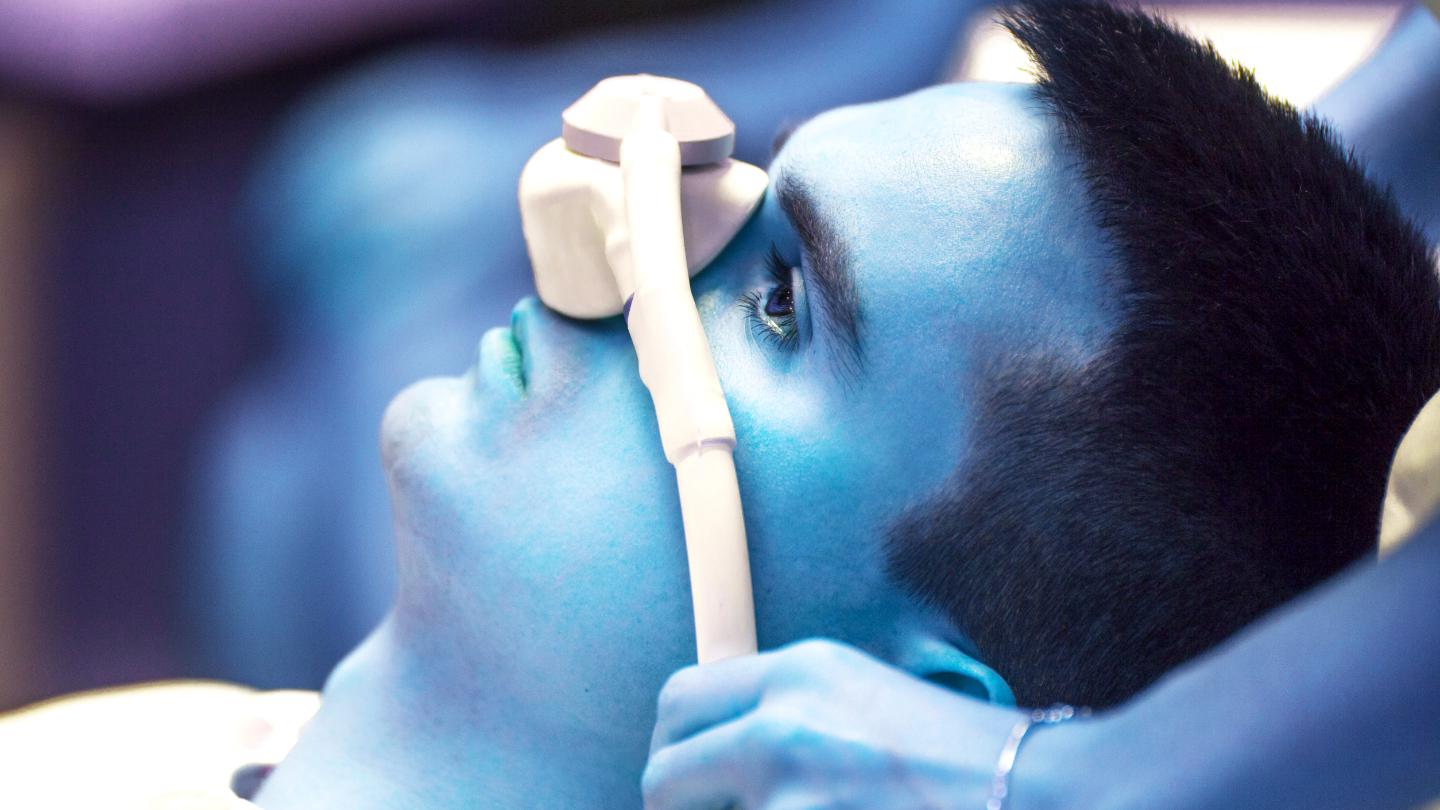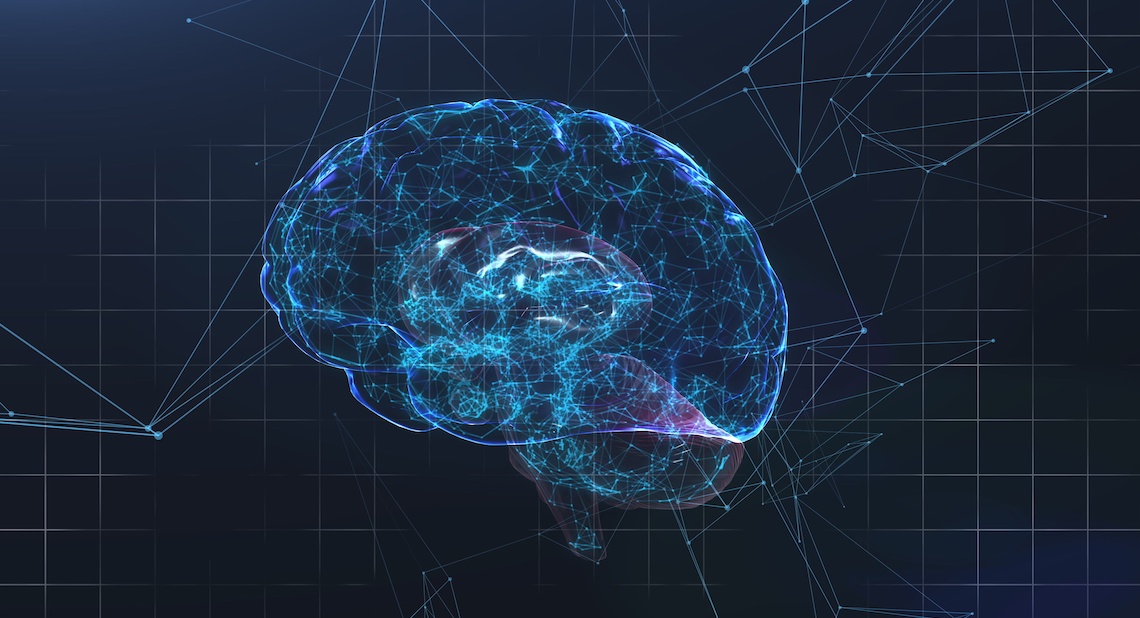mental health
Fear that new technologies are addictive isn’t a modern phenomenon.
South Korea is piloting a CCTV system it hopes will save lives.
Biomedical science assumes that people want to live as long as possible. They don’t.
Attempts to normalize abnormal development could prevent individuals in need of help from seeking it.
Alzheimer’s has proved difficult to treat. But solving the mystery of this ultra-rare frontotemporal dementia may unlock new understanding.
Psychedelics have been shown to help reduce depression. This study may show us why.
Are you getting a full 8 hours?
Our program lowers reincarceration rates by 44 percent.
The evidence for a link between time spent using technology and mental health is fatally flawed.
Laughing gas may be far more effective for some than antidepressants.
A well-known psychology trick called the “rubber hand illusion” could be useful for treating patients with obsessive-compulsive disorder.
This discovery could lead to better treatments for PTSD, borderline personality disorder, and epilepsy.
The treatment is here, but are we ready?
Participants with high levels of narcissism showed high levels of aggression, spreading gossip, bullying others, and more.
A lithium imbalance appears linked to suicide.
Studies show that religion and spirituality are positively linked to good mental health. Our research aims to figure out how and why.
New machine-learning algorithms from Columbia University detect cognitive impairment in older drivers.
A lab identifies which genes are linked to abnormal repetitive behaviors found in addiction and schizophrenia.
Two different studies provide further evidence of the efficacy of psychedelics in treating depression.
How can researchers map something as complex as the human brain?
New research from the University of Granada found that stress could help determine sex.
Global inequality takes many forms, including who has lost the most children
Children with pre-existing mental health issues thrived during the early phase of the pandemic.
Intrinsic religiosity has a protective effect against depression symptoms.
New study suggests the placebo effect can be as powerful as microdosing LSD.
Cow cuddling is getting ever more popular, but what’s the science behind using animals for relaxation?
Contrary to what some might think, the brain is a very plastic organ.
Remedies must honor the complex social dynamics of adolescence.
While not the first such minister, the loneliness epidemic in Japan will make this one the hardest working.
Can playing video games really curb the risk of depression? Experts weigh in.
